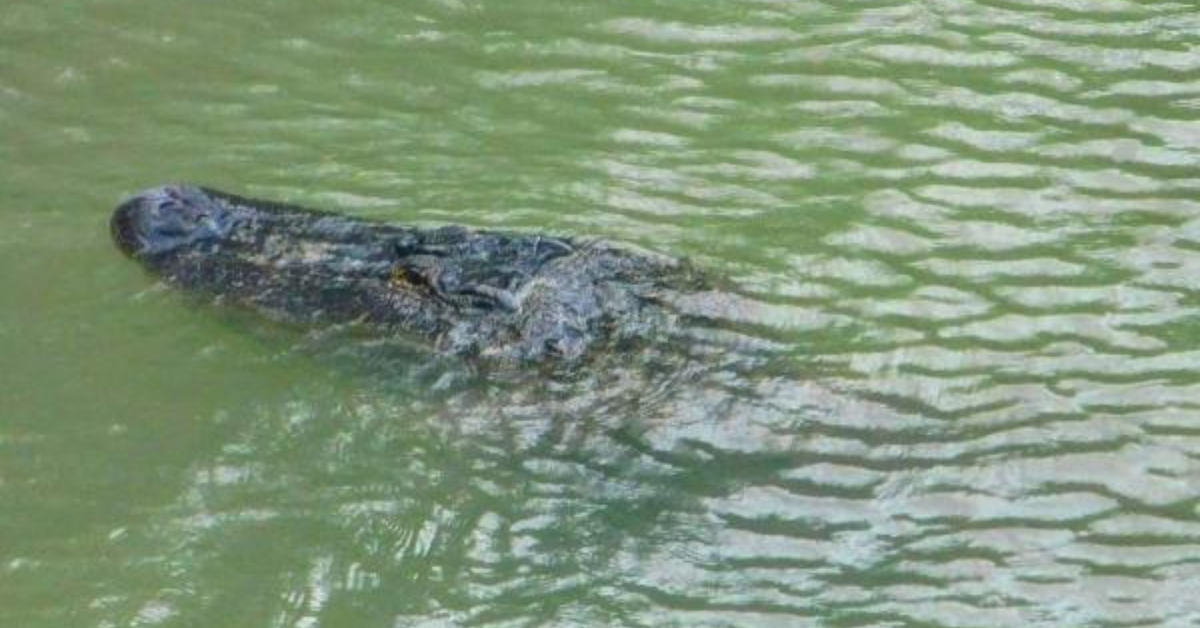Puerto Vallarta, Mexico – The first-ever National Congress of Crocodile Specialists was held in Bahía de Banderas, addressing the critical issues of crocodile-human interactions and the conservation of these reptiles. José Miguel Román Centeno, the coordinator of Animal Welfare in the area, reported that the event drew around 300 experts from various cities to discuss conservation strategies and update national protocols for handling crocodile-related incidents.
Despite popular beliefs, Román Centeno clarified that the area does not face an overpopulation of crocodiles, stating, “More people die from bee stings than from crocodile attacks.” He emphasized that most human-crocodile interactions, which are exceedingly rare, usually result from human encroachment into crocodile habitats.
Bahía de Banderas, once a sprawling habitat for these reptiles, has seen an 80% reduction in crocodile living spaces. These animals are now commonly found in water bodies adjacent to beaches, estuaries, and even golf courses that were formerly wetlands. “The Ameca River and areas affected by seasonal rains are notable for occasional human-crocodile encounters, mostly happening at night when beach areas are closed and warning signs are ignored,” Román Centeno explained.
Despite the habitat loss, the specialist asserted that the crocodile population is stable, with the latest study, conducted four years ago, estimating around 400 specimens in the region. He highlighted that interactions between humans and crocodiles at this tourist destination are extremely rare, with an average of one incident occurring every three years.
The congress aims to shed light on these misunderstood creatures and promote safety measures while encouraging conservation efforts. The event marks a significant step toward understanding and coexisting with the native wildlife in Bahía de Banderas, underscoring the need for education and awareness to prevent unnecessary conflicts between humans and crocodiles.
Puerto Vallarta, Mexico - The first-ever National Congress of Crocodile Specialists was held in Bahía de Banderas, addressing the critical issues of crocodile-human interactions and the conservation of these reptiles. José Miguel Román Centeno, the coordinator of Animal Welfare in the area, reported that the event drew around 300 experts from various cities to discuss conservation strategies and update national protocols for handling crocodile-related incidents.












